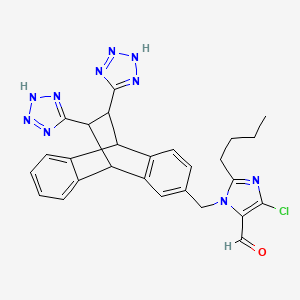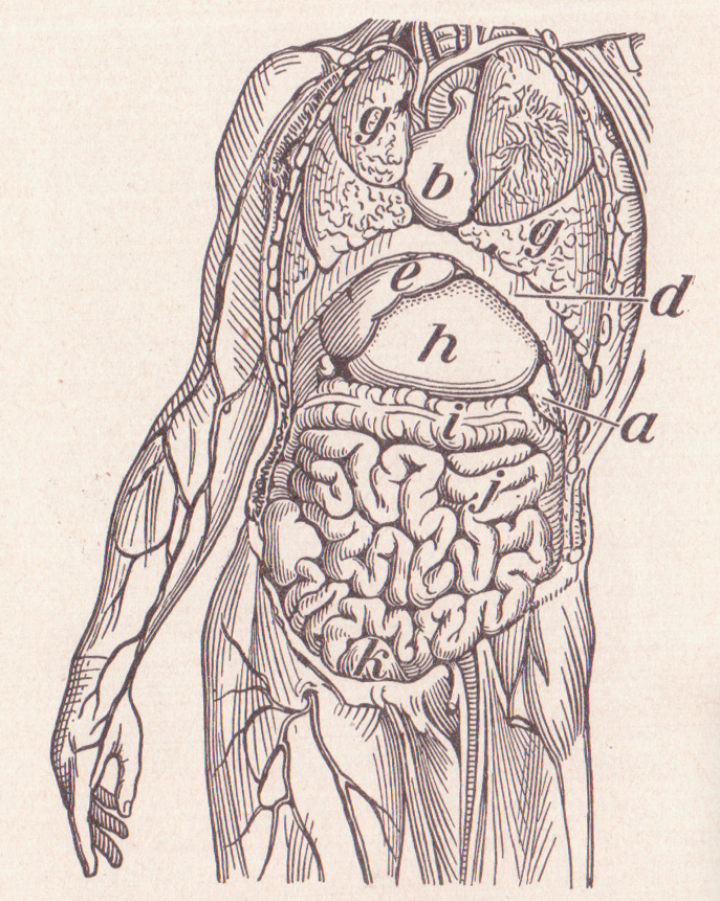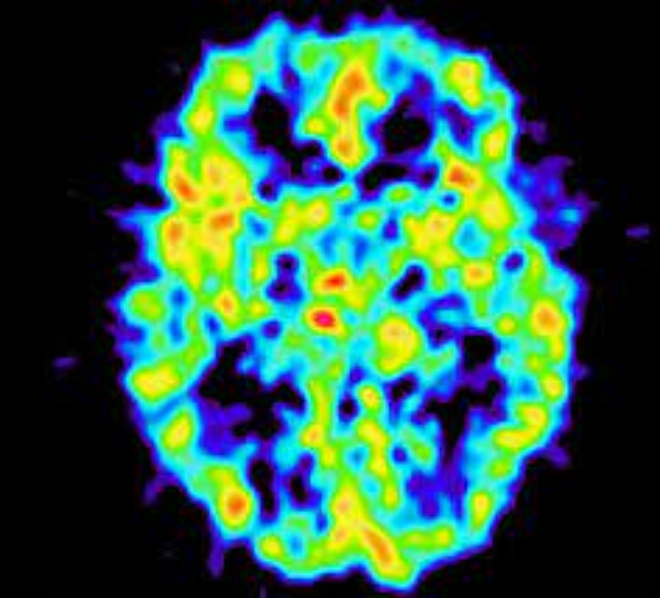|
Name: JWH-203 (1-Pentyl-3-(2-chlorophenylacetyl)indole)
Type: Synthetic cannabinoid
AKA: JWH-203

|
|
II. Natural Derivative
Synthetic substance, no natural derivative
 |
|
III. Chemical Profile (IUPAC name)
1-pentyl-3-[2-(2-chlorophenyl)acetyl]indole

|
|
IV. History
JWH-203 is a synthetic cannabinoid developed by Dr. John W. Huffman in the 1990s. It is part of a series of compounds designed to study the endocannabinoid system. JWH-203 mimics the effects of THC but with varying potency and duration. It has been found in recreational drug markets and is subject to regulation due to its potential for abuse and adverse effects.

|
|
V. Legal Information
JWH-203, a synthetic cannabinoid, is regulated under analog laws in many jurisdictions due to its similarity to other controlled substances. In the US, it falls under the Federal Analog Act if considered similar to controlled substances. Globally, it faces increasing restrictions as part of broader efforts to control synthetic cannabinoids.
US Federal Schedule - I
Schedule I drugs, substances, or chemicals are defined as drugs with no currently accepted medical use and a high potential for abuse. Some examples of Schedule I drugs are: heroin, lysergic acid diethylamide (LSD), marijuana (cannabis), 3,4-methylenedioxymethamphetamine (ecstasy), methaqualone, and peyote.
Key US Federal Policies:
Controlled Substances Act. Public Law: Public Law 91-513 (text can be found on GovInfo) (https://www.dea.gov/drug-information/csa). Date enacted: October 27, 1970.
|
|
VI. Physical Effects
JWH-203, a synthetic cannabinoid, provides potent psychoactive effects. As an upper, it causes euphoria and altered perception. Short-term effects include increased heart rate and anxiety, while long-term use can lead to severe mental health issues. Overdose risks involve acute psychosis and cardiovascular problems. Safe use is challenging due to potency variability. Recent research highlights its high potency and associated health risks, emphasizing the need for regulation.  |
|
VII. Psychological Effects
JWH-203, a synthetic cannabinoid, interacts with cannabinoid receptors, leading to mood enhancement and altered perception. Immediate effects include euphoria and relaxation, while long-term use can result in severe anxiety, paranoia, and cognitive impairments. Effects last several hours, with recent studies indicating significant risks of dependence and severe mental health issues, highlighting its potency and unpredictable effects.
 |
|
VIII. Culture
JWH-203 is a synthetic cannabinoid with no historical or cultural lore, emerging in the early 21st century. Its cultural significance lies in its use as a recreational drug and the associated legal and health debates. Proponents highlight its effects as a legal alternative to cannabis, while opponents warn of health risks and unpredictable effects. Its use is primarily recreational, reflecting broader issues in synthetic cannabinoid regulation and public health.
 |
